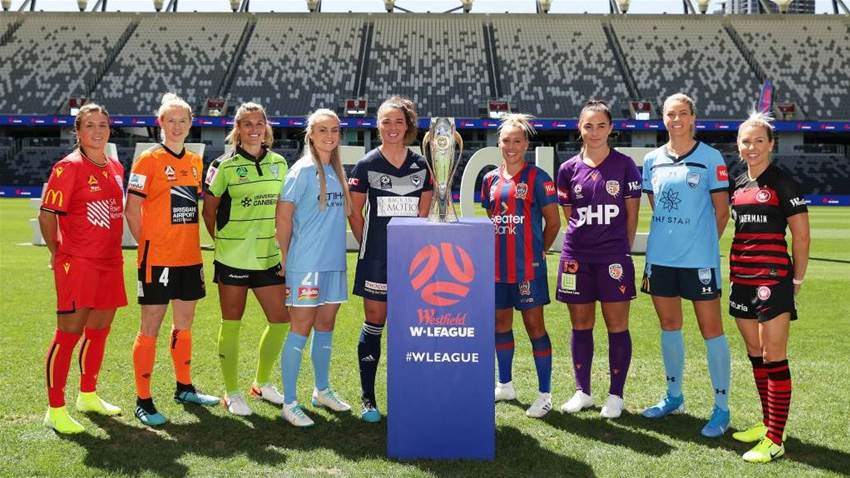Global footballer's union FIFPRO have released a plan for women's football post COVID19 including collective bargaining and minimum employment standards as their primary objectives.
FIFPRO was originally scheduled to release their 'Raising Our Game' plan for the future of women's football in February, however were delayed by the COVID19 outbreak.
One of the key findings out of the report was that 78% of national federations now have a women's football team, an improvement of nearly 30% on just three years ago.
The union's plan stipulates the importance of leveraging the women's game's financial potential following the resumption of global sports to ensure a much speculated drawback doesn't take place.
FIFPRO General Secretary Jonas Baer-Hoffmann said: “We are conscious that we are releasing this report during an extremely uncertain and worrying time, however we have a responsibility to the professional footballers we represent to chart the way forward for them and their industry.
“We are committed to working with all stakeholders in a united and holistic way to relaunch the industry after the coronavirus pandemic.
"The professional players we represent and who devote so much time and energy to the women’s game, often with little reward or compensation, must be at the heart of this rebuilding process.”
The following are the primary objectives detailed in Raising Our Game:
• Global minimum employment standards, which guarantee that professional players have appropriate contracts, compensation, workload, training and match environments, health and safety measures, freedom of association and access to remedy.
• Global minimum standards at international tournaments to ensure that players participating in elite global competitions—both club and national team—are protected and can perform at their peak, on an equal footing on the world stage.
• Collective bargaining as a universal industry standard so that professional players around the world have a fair say in the development of their sport.
• New global club and national-team competition formats and scheduling that permits professional players to enjoy a long and sustainable career.
Amanda Vandervort, FIFPRO Chief Women’s Football Officer reiterated that the global body has an obligation to continue fighting for the futures of female footballers throughout the pandemic
“We are adamant that the priority of everyone in society, including the football community, is the health and safety of their loved ones at this moment, but we also have a duty to players and to plan for the restart of football," she said.
“Women’s football has demonstrated its tremendous economic potential, and shown that it is an asset of great value to sport and society.
"Let’s focus our energies on both rebuilding the game and reimagining what women’s football can become.
"We want Raising Our Game to serve as a guiding light to help turn recent momentum into transformative change.”
Related Articles

'Timing not right': Montemurro's verdict on Matildas vacancy

Matildas: 'Fourth at the Olympics is honestly the worst place you could come'
.jpg&h=172&w=306&c=1&s=1)












